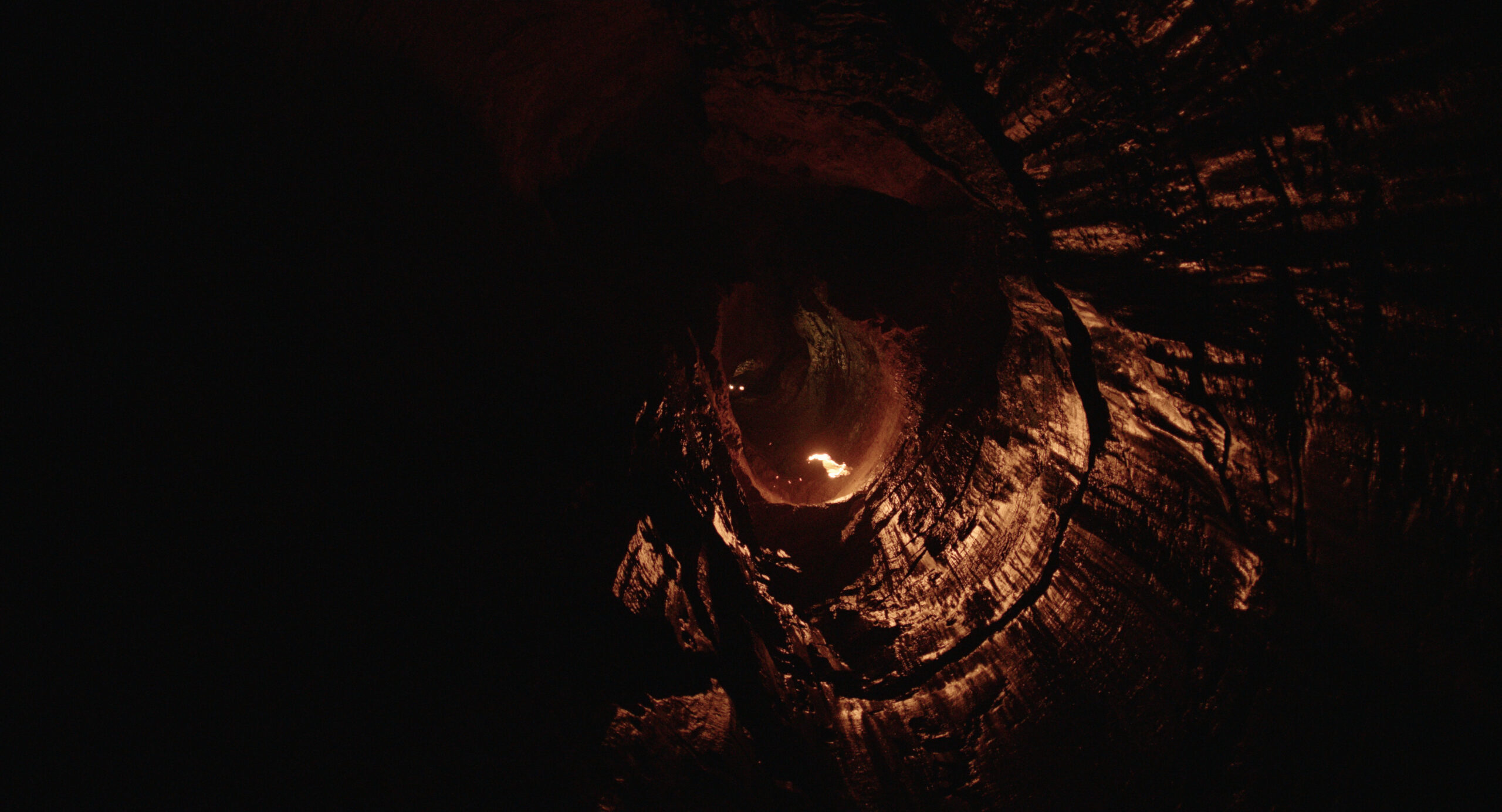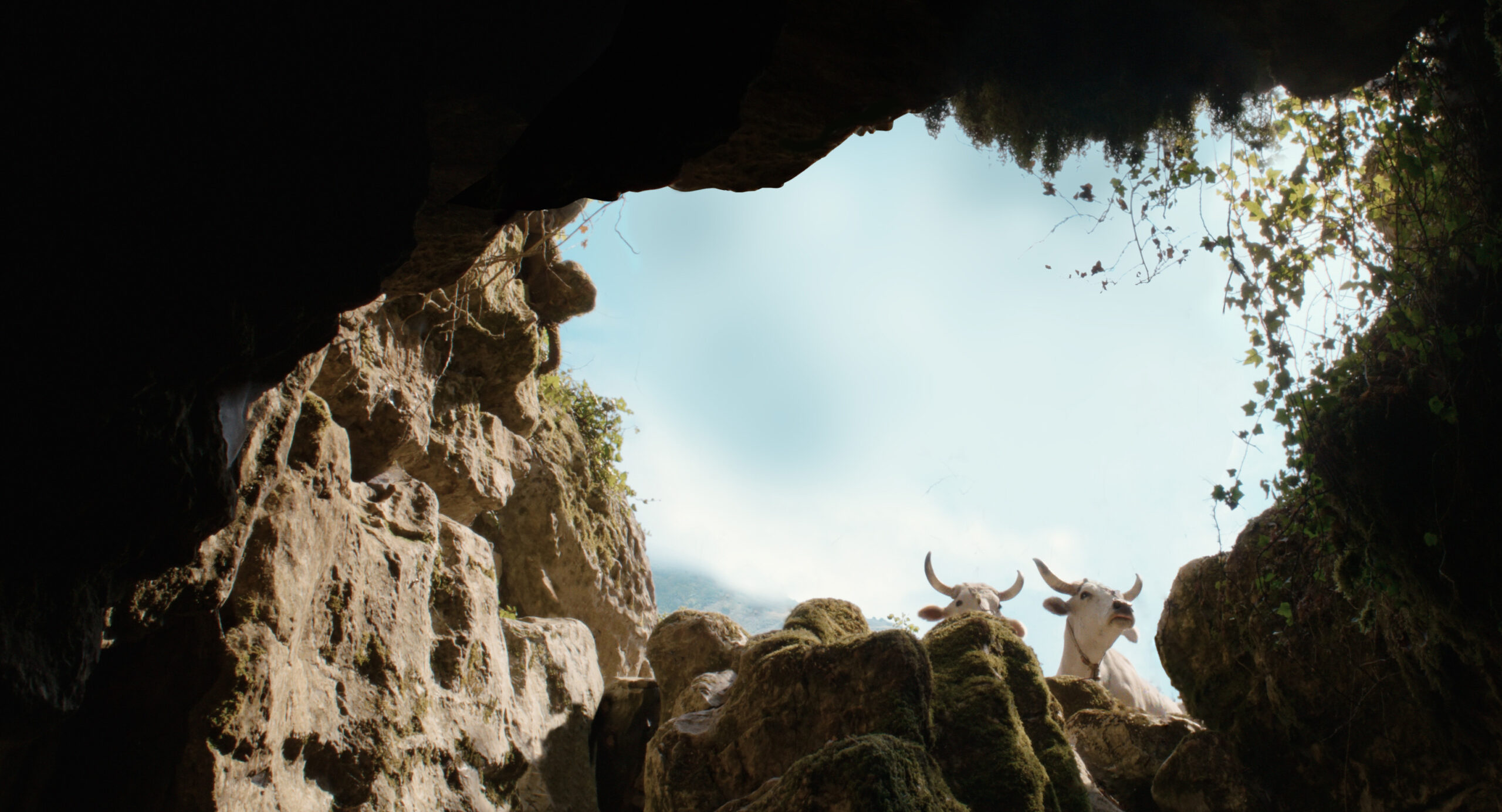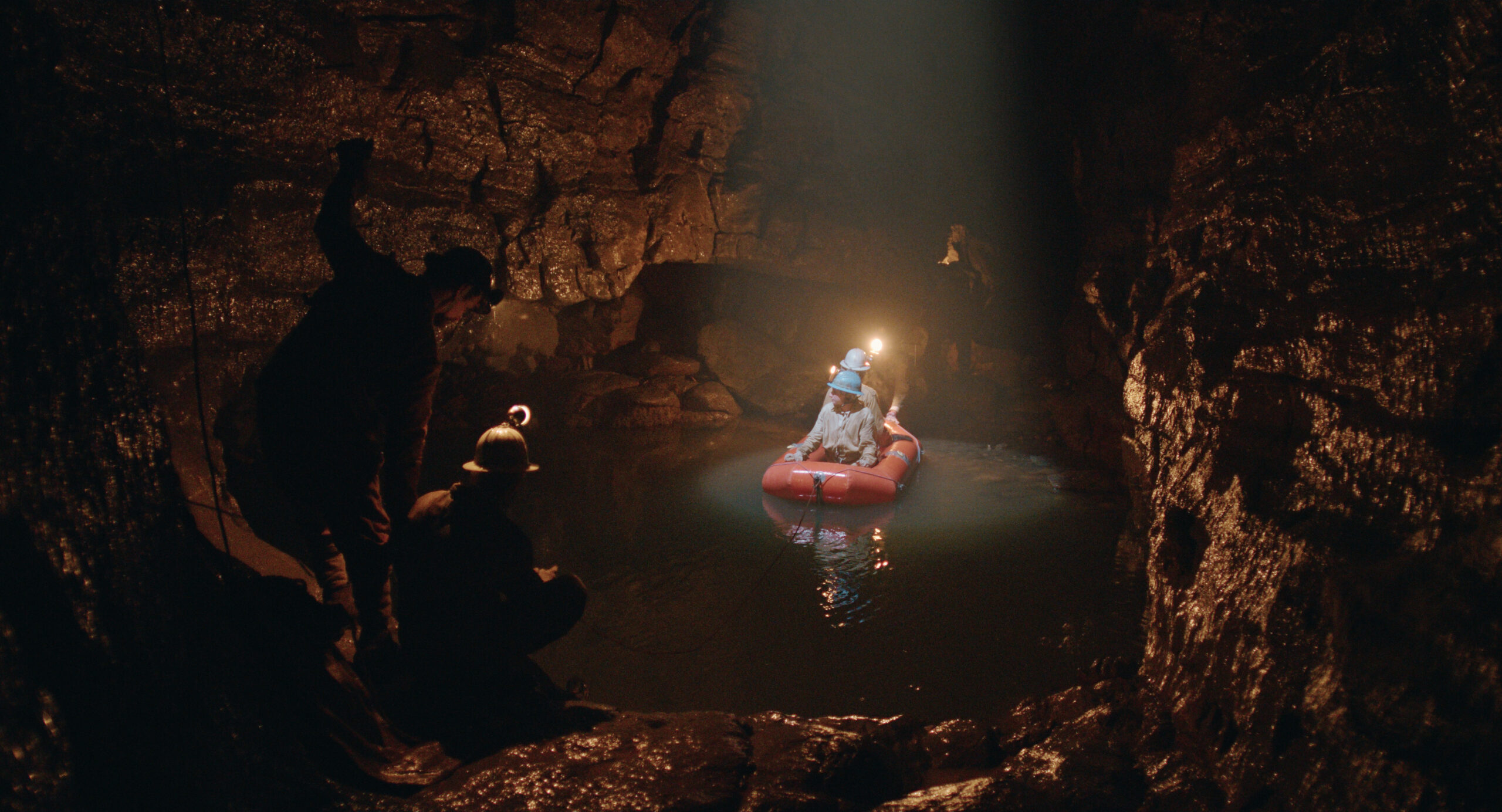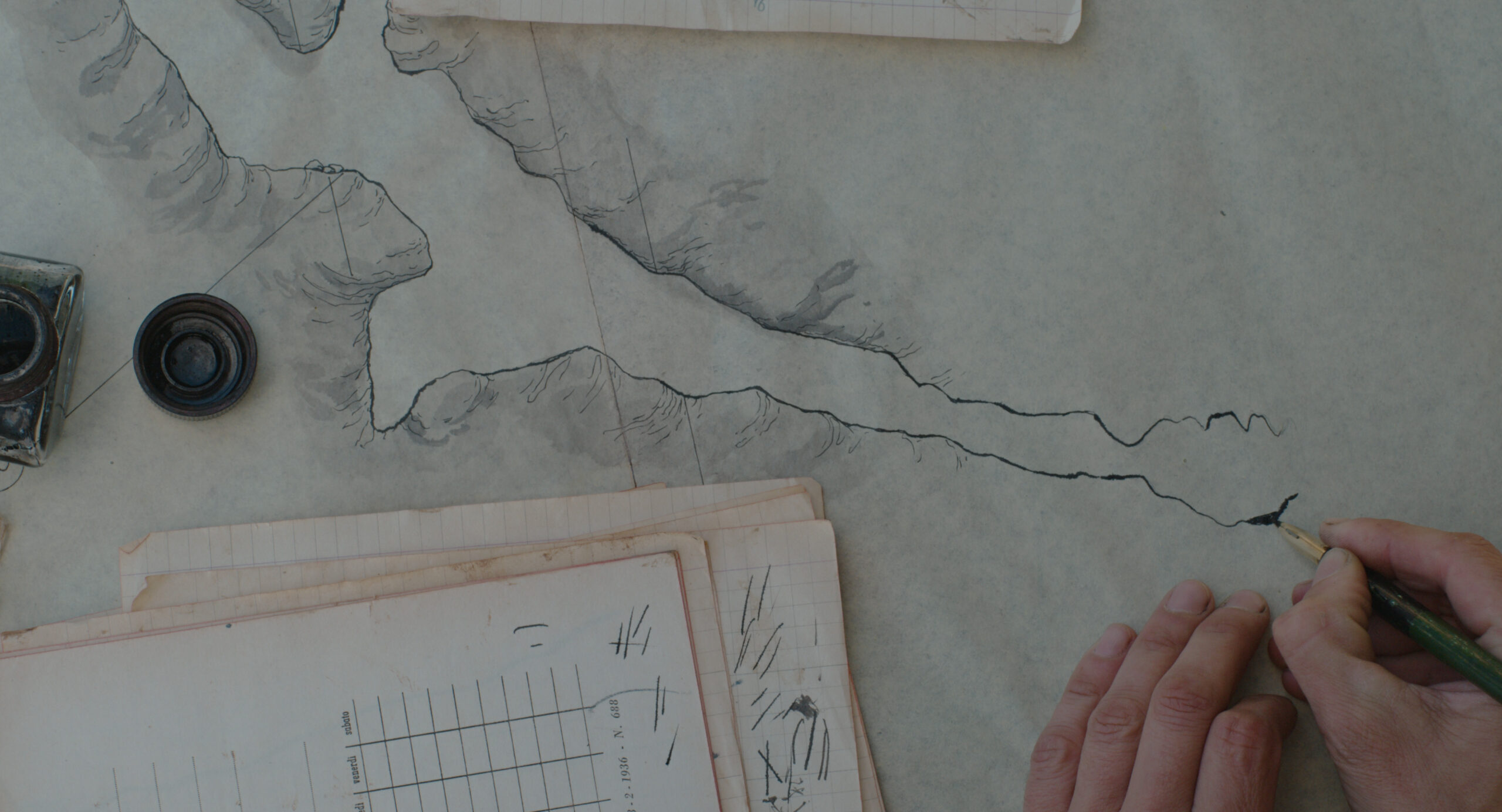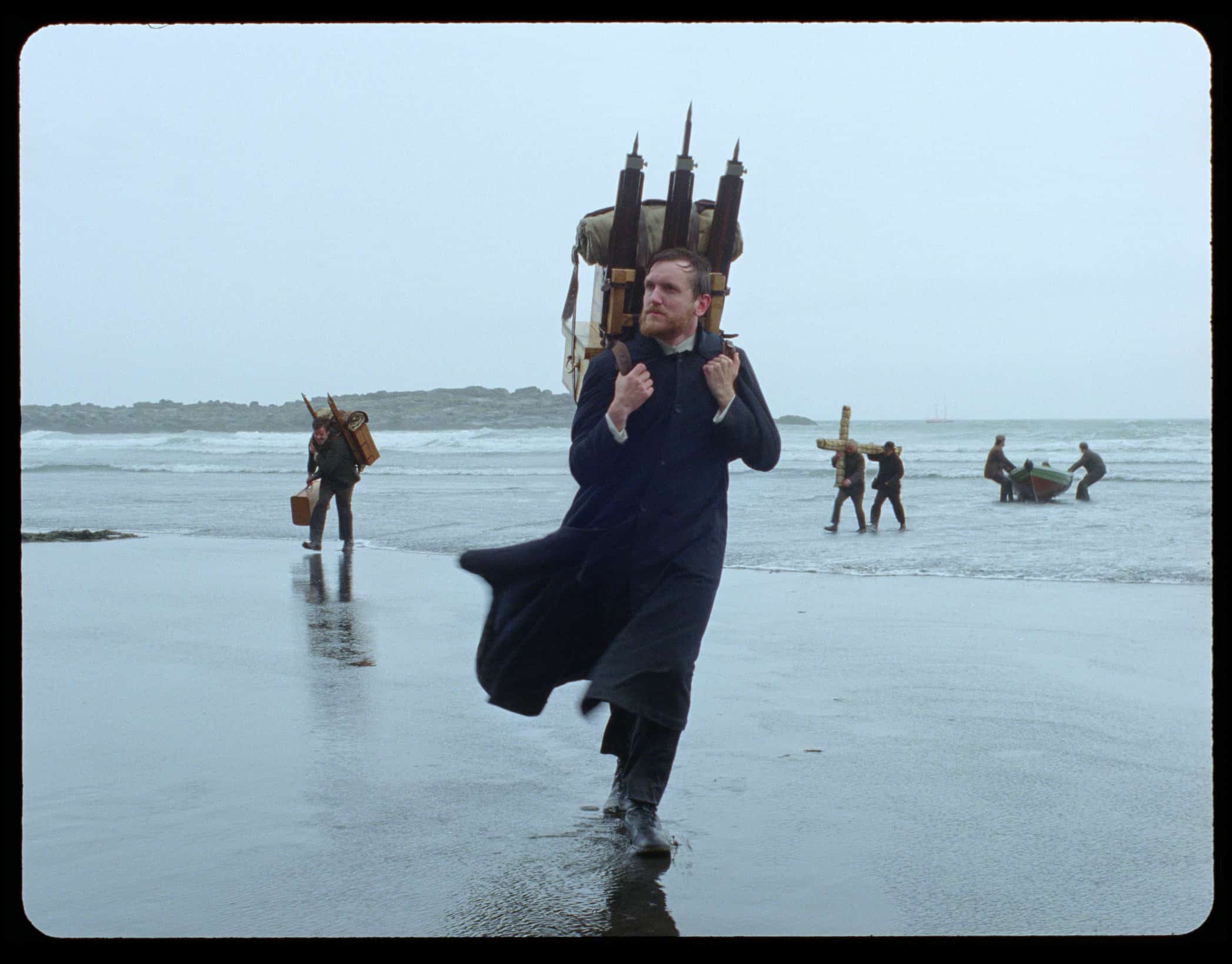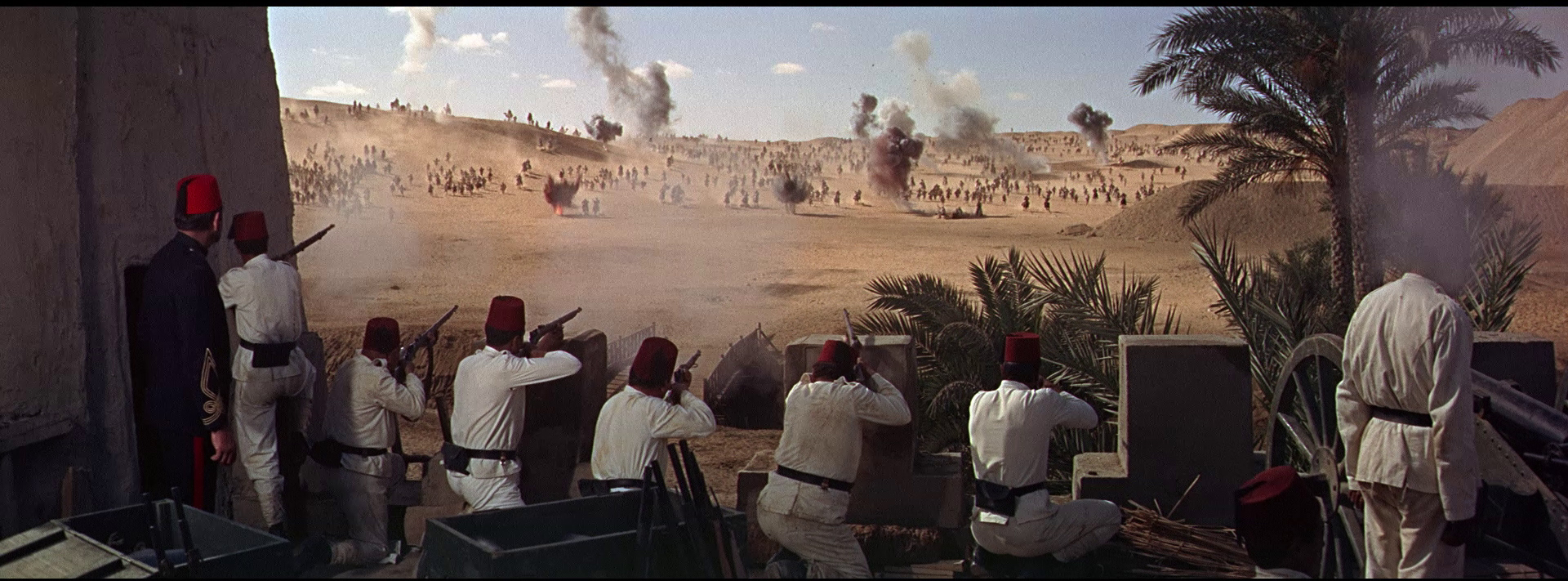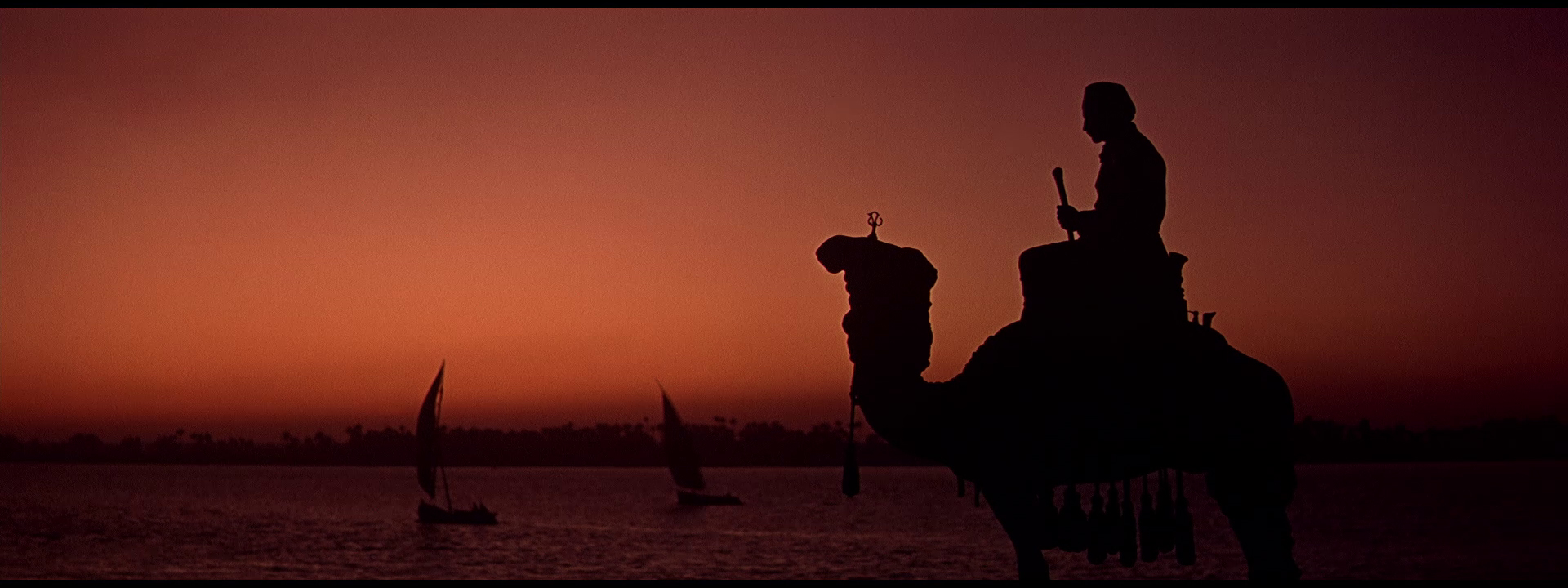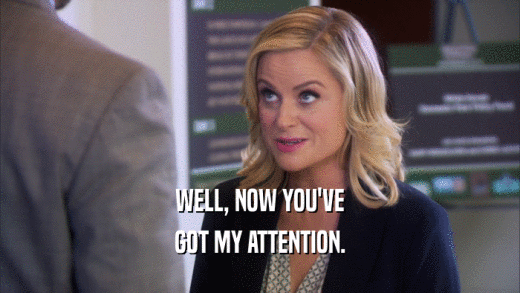The Banshees of Inisherin (2022)
Another marvelously absurd tragicomedy from Martin McDonagh. Set on the remote island of Inisherin (a fictionalised Aran Island obviously) in 1923, the film tells a tale of a friendship gone sour. The two friends in question are perhaps an unlikely pair to begin with, bound together by circumstance and the everyday dreariness of life somewhere remote as Inisherin. Pádraic is “one of life's good guys”, an affable dairy farmer content with a simple life. A nice guy, by any measure, but certainly a bit dull. Colm, by contrast, is a talented fiddle-player; more high-minded and more intelligent, if also more conceited. For many years, we are given to assume, Pádraic has called on Colm on his way to the local pub. Certainly there’s not much else to do on Inisherin.
Yet one day, quite out of the blue, Colm simply decides that he no longer wishes to be friends with Pádraic. Thus setting off a sequence of events which is equal turns hilarious, ludicrous and dark. Determined to make something more of his life in his final years Colm is determined to spend his time writing music rather than chatting idle nonsense in the pub. Suffering from existential despair, he becomes obsessed with the idea of leaving an artistic legacy which will survive him in death and thus give his life meaning. Simply being nice, he tells Pádraic, certainly won’t be enough to get you remembered after you’re gone.
In an attempt to get Pádraic to stop talking to him, he delivers a shockingly absurd ultimatum - each time Pádraic dares to speak to him, he will cut off one of his own fingers with a pair of garden shears. The fingers, we are informed, are to be those of his left hand. The ones he uses to play the fiddle. Of course, it’s all quite insane, but it provides the story with a kind of squeamish momentum.
Naturally, this bleak, insane narrative is undercut with plenty of wit and lots of laughs, of precisely the kind of black comedy we come to expect from McDonagh. It is genuinely very funny, but ultimately it’s a sad and melancholic story. With Gleeson and Farrell back together, the obvious touchstone is
In Bruges (2008) certainly the pair are in fine form together again. Yet, with the films setting and it’s focus on the absurdities of small-town (and remote island) Irish life, McDonagh’s earlier plays obviously come to mind too -
The Cripple of Inishmaan (1996),
The Lieutenant of Inishmore (2001), and then
The Banshees of Inisheer, which was never released…until now, in it’s modified filmic form it seems. His brother's films such as
Calvary (2014) and
The Guard (2011) also, naturally, come to mind.
I suppose time will tell how this one is received in comparison to a classic like In Bruges. All I can say for now is that I enjoyed it very much. If nothing else, it’s very funny as I say; a kind of dark humour that is immediately recognisable to Irish audiences (It’s already 2pm, why wouldn’t Colm be ready to go to the pub?). But of course there is more to the film than just the laughs. It is a black comedy, and just as there is comedy there is also plenty of blackness: the dulling repetition of life, the search for more within the mundane, and the constant grasping for something ineffable and transcendent beyond our everyday boredom. And just as we grasp, life happens and time slips away. Certainly this is what has beset Colm. Yet, as the film explores, what does this all actually mean? What are the human consequences? What does any of it actually mean?
The setting of 1923 was obviously not chosen at random. This was the final year of the Irish Civil War. These violent events are remarked upon with ironic distance by the inhabitants of Inisherin, who can see and hear the explosions and gunfire over on the mainland. It might be tempting to draw some sort of allegory between the broken friendship of the film, and the bloody friend-on-friend conflict of the civil war. Again, McDonagh didn’t choose this setting for no reason. However, I think this juxtaposition is designed to elicit a more thoughtful response than a simple allegory of friend vs. friend. Rather it is more in the reason the friendship broke down in the first place; ie. the things people devote themselves to to give their own life meaning, and the consequences this has.
As I say, time will tell where this ranks in McDonagh’s wider filmography. To me it’s a lot more interesting than stuff like Three Billboards, which I was not particularly a fan of. A great return to Ireland anyway. Definitely recommended. Now where’s my pint……
@HUGHPHUG


